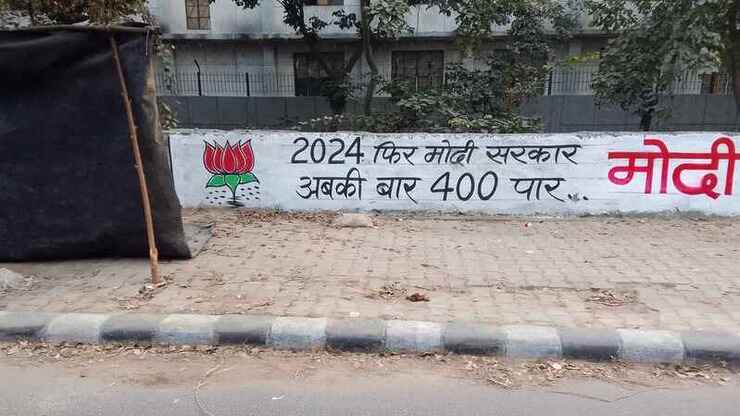
India Risks Losing Democratic Status Amid Widespread Election Fraud Allegations
By RMN Foundation News Team
August 2, 2025 | New Delhi
Mounting allegations of electoral fraud and political interference have raised serious concerns about the future of democracy in India. The August 1–15, 2025 issue of The Unrest magazine, published by RMN News, highlights these troubling developments, warning that the country’s democratic framework may be in jeopardy if transparency and accountability continue to erode.
The lead story examines intensified claims of election manipulation, with opposition leaders accusing the ruling regime and the Election Commission of undermining free and fair elections. The publication notes a growing chorus of voices — both domestic and international — questioning the integrity of India’s electoral processes, which are increasingly viewed as compromised by systemic bias and lack of institutional independence.
The magazine also provides in-depth coverage of political, social, and global developments. A notable feature discusses growing calls for former U.S. President Donald Trump to receive the Nobel Peace Prize for his role in facilitating the India-Pakistan ceasefire, even as his past associations with Jeffrey Epstein resurface in public discourse.
At the national level, a major corruption case involving senior IAS officers has prompted renewed demands for an investigation by the Cabinet Secretariat. In Punjab, the government’s controversial Land Pooling Policy has sparked widespread protests among farmers and opposition parties.
Another focal point is the escalating crisis of judicial integrity. Union Minister Kiren Rijiju’s comments about corruption in India’s judiciary, especially regarding the Justice Yashwant Varma case, have added to public distrust in the legal system. The magazine documents the prevalence of a disturbing “bribe-for-bail” culture that further undermines judicial credibility.
Elsewhere in India, demolition drives targeting slum settlements in Delhi have drawn criticism. Opposition leaders have accused the government of displacing vulnerable communities without providing viable alternatives, while also calling out perceived political opportunism in response visits by opposition figures.
International coverage includes Canada’s plan to officially recognize the State of Palestine in September 2025, a development expected to influence global diplomatic dynamics. A new U.S.-EU trade agreement, announced by Donald Trump and Ursula von der Leyen, signals a shift in economic alignments. Simultaneously, Trump has imposed a 25% tariff and an unspecified penalty on Indian exports, further straining bilateral relations.
On the domestic front, the Association for Democratic Reforms (ADR) has urged the Supreme Court to intervene in Bihar’s voter roll revision process, warning that thousands of citizens risk being unlawfully excluded from the electoral rolls. Meanwhile, Congress leaders have challenged the Modi government’s narrative on the Pahalgam terror attack, demanding transparency and accountability.
The magazine also features Sonia Gandhi’s condemnation of the Modi administration’s silence on the Gaza crisis, describing it as a “shameful abdication” of moral responsibility in the face of human rights violations.
From a societal perspective, student writer Imrana offers a thoughtful critique of India’s rigid school education system in a special podcast segment titled Imrana’s Insight, proposing reforms to better prepare students for future employment.
To complement its print reporting, RMN News has launched RMN News Audio Reports, a multilingual series (English, Hindi, and Punjabi) designed to offer deeper analysis of current events. Additional services featured in the issue include the Pressed Reporter initiative, supporting persecuted journalists globally, and the Clean House service, empowering Delhi residents to report corruption in housing and civic systems.
The issue also includes findings from RMN Research, revealing that excessive and often misleading YouTube advertisements are alienating viewers and harming brand reputations. The research further highlights the prevalence of fake engagement metrics on the platform.
Finally, the magazine reports on the expansion of Delhi’s Health Information Management System (HIMS), introduced by Chief Minister Rekha Gupta to modernize public healthcare delivery in the capital.
The full magazine is available for download on the RMN News website, along with an audio analysis of the major stories.
